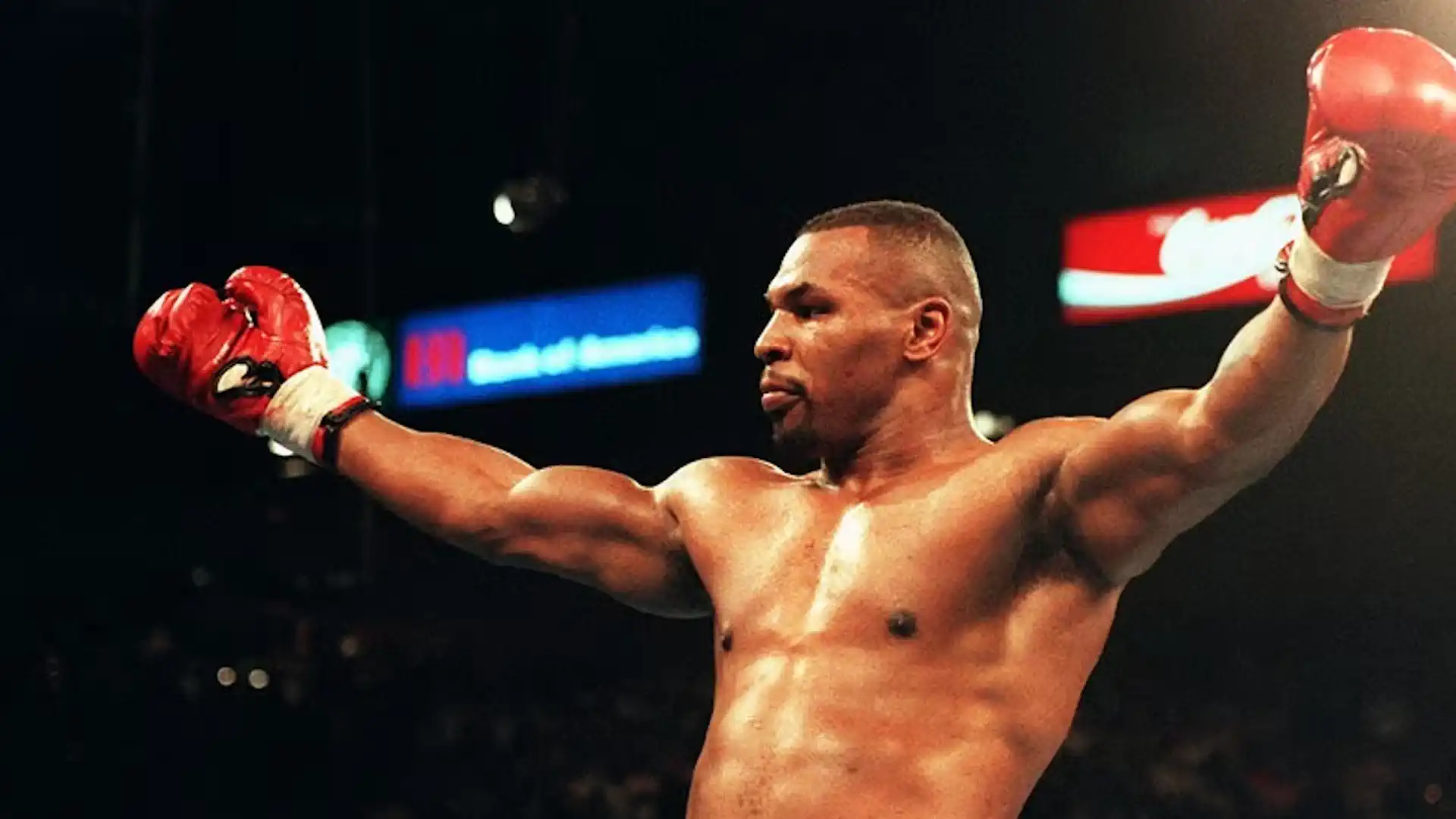A sports career is typically short, and many athletes begin to think about their future long before it ends. There are numerous opportunities for professional activity after sports, and the choice depends on the athlete's personal interests, education, and skills. Let’s consider the main directions former professional athletes often choose.
Education and Preparation for a New Career
Many athletes use their earnings and time during their active careers to gain an education and prepare for life after sports. Financial literacy and acquiring additional skills allow them to adapt more easily to a new profession. For example, Eric Heiden, an Olympic speed skating champion, pursued a medical education and became an orthopedic surgeon after retiring from sports.
Continuing Work in the Sports Field
Many athletes stay in sports, becoming coaches, sports commentators, or organizers of sporting events. Vladislav Tretiak, the legendary hockey player, became a coach and the president of the Russian Ice Hockey Federation after his career ended, as well as engaging in political activities. Others, like Alexander Legkov, an Olympic champion in cross-country skiing, become successful sports commentators.
Business and Entrepreneurship
Sports experience, leadership qualities, and fame help former athletes in entrepreneurial activities. Gordon Ramsay, once a promising footballer, became a renowned chef and successful restaurateur after a sports injury ended his career. Some athletes create their own brands, sports schools, or clothing lines, leveraging their name and reputation.
Transition to Other Fields
Some athletes choose entirely new directions, sometimes drastically different from sports. Alexander Brednev, a former track and field athlete, became a drilling engineer for oil and gas wells after his sports career and now works in the oil and gas industry. George Foreman, the famous boxer, became a pastor and even built a church, although he later returned to the ring.
Bookmaking and Other Opportunities
For some athletes, the transition from an active career to life after sports includes involvement in the sports industry through various platforms and services. Some may even collaborate with online bookmakers as analysts or brand ambassadors, using their knowledge and experience to attract audiences and increase engagement. This allows them to stay within the sports environment and use their accumulated knowledge for further career development outside of competitions.
Psychological and Social Adaptation
The transition from an active sports career to ordinary life often involves psychological challenges. It is important for athletes to prepare for this stage by developing new skills and engaging in self-improvement. It is also crucial to cope with the change in lifestyle and the lack of previous emotions associated with competitions and training. Psychological readiness and the ability to manage their emotions help in successfully adapting to a new life.
Conclusion
A sports career provides unique opportunities for personal growth and the development of numerous skills that can be useful in various fields. Planning and preparing for the end of a career, as well as being open to new opportunities, allow athletes to find themselves and achieve success in life after sports.




